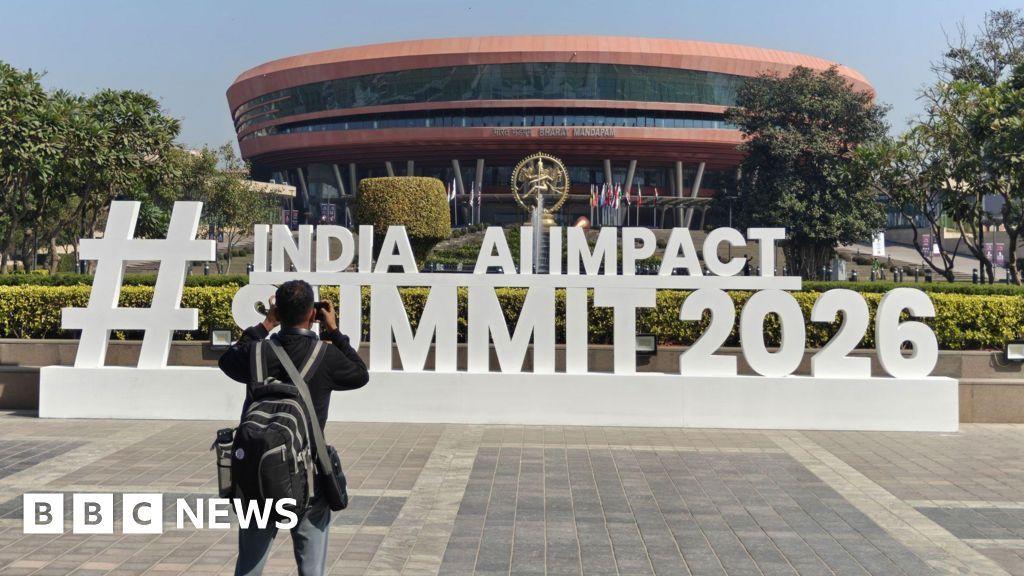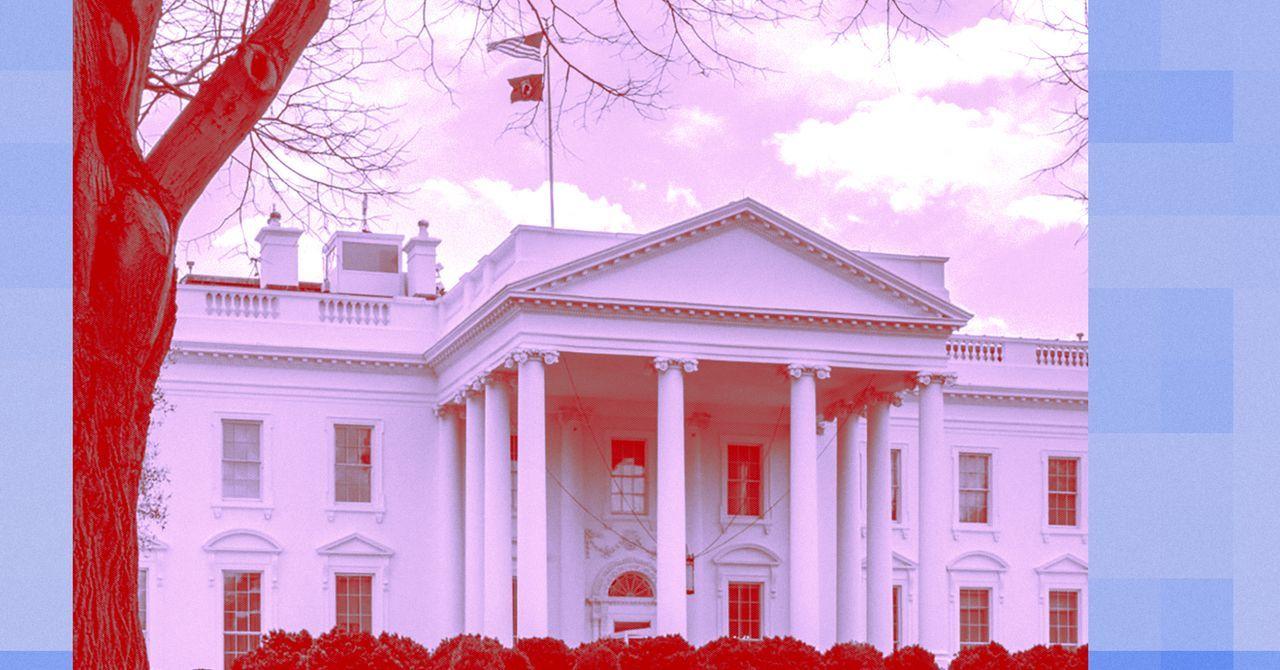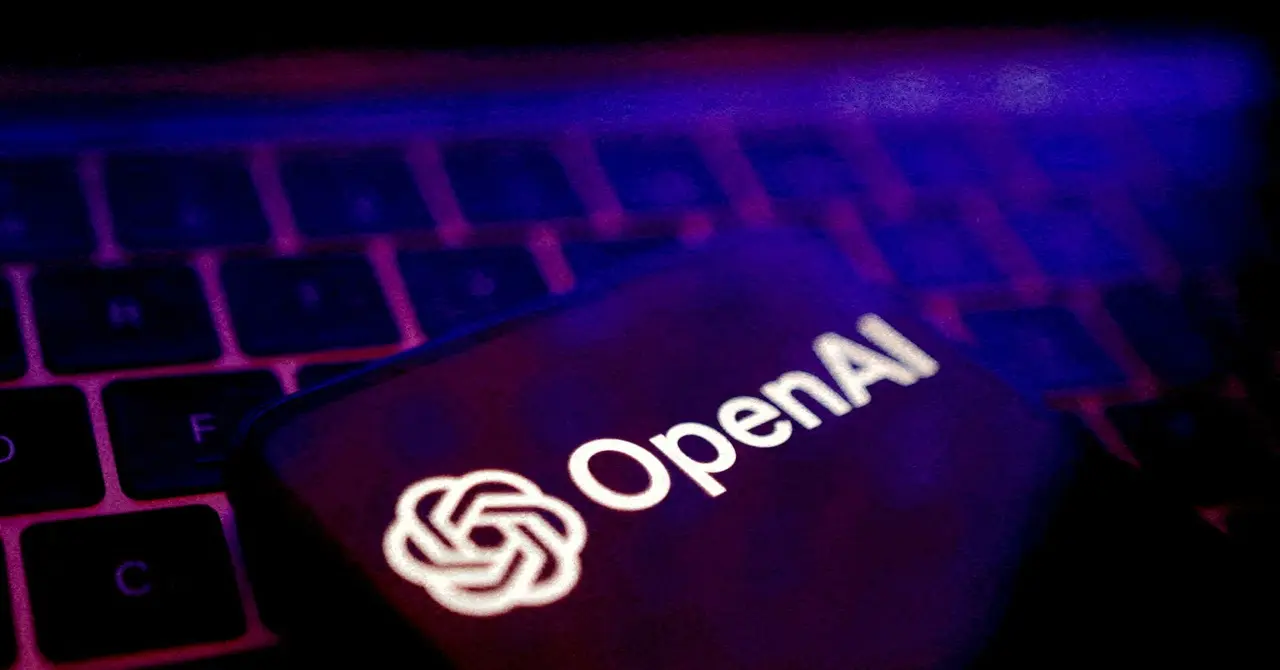Argentina's AI Ambitions: Can President Milei Transform the Nation into an AI Powerhouse?
3 Sources
3 Sources
[1]
Can an ambitious Milei make Argentina an AI giant?
Milei, who has met with tech bosses like Mark Zuckerberg and Elon Musk during US visits, portrays Argentina to potential investors as "practically the last truly liberal country in the world," said Alexander Ditzend, president of Argentina's AI Society.Argentina's President Javier Milei has plans to turn his country, which has one of the lowest rates of artificial intelligence (AI) use on the continent, into a world leader in the field. The South American country is uniquely placed to become a global AI hub, he argues, with abundant electricity capacity and a highly skilled workforce. "We have everything, everything, to become an AI powerhouse," Milei said recently. "We have the human resources. You have no idea how many kids are coding here." The country also has the reliable energy required by data centers, the president argues. To turn his vision into reality, the self-described "anarcho-capitalist" is counting on deregulation to attract foreign capital. The country needs such investment; it has been battling bleak poverty levels and chronic inflation. Milei, who has met with tech bosses like Mark Zuckerberg and Elon Musk during US visits, portrays Argentina to potential investors as "practically the last truly liberal country in the world," said Alexander Ditzend, president of Argentina's AI Society. In Milei's bid to attract foreign money, he managed to pass a law through parliament in June dubbed RIGI, or Promotional Regime for Large Investment -- his first major legislative win since taking power. The law offers tax, customs and exchange-control benefits over 30 years for investments exceeding $200 million. But since taking office last December, Milei has also cut public funding for everything from soup kitchens to the arts as he seeks to slash Argentina's budget deficit. Algorithmic bias "Argentina needs it (AI) if it wants to be more competitive and not be left behind," said Tomas Porchetto, an Argentine living in the US and founder of Constana, an AI-based platform for information technology teaching. The country has a long way to go. A study in July by Randstad, a Netherlands-based human resources firm, found that barely 13 percent of Argentines use AI regularly in their work, half the Latin American average and lower than North America and Asia. And a report by The Conference Board, a nonprofit business think tank based in New York, found last year that just over one in ten Argentine companies used AI in their operations -- half the global average. While some fear it may be too late for Argentina to catch up, others worry it may go overboard in its embrace of AI technology. Last month, the government in Buenos Aires announced it would develop an AI-based system intended to prevent crimes using predictions based on analysis of historical data. Rights group Amnesty International has warned of the risk of "algorithmic bias" leading to discrimination against certain groups of people or neighborhoods. Such a system could "increase inequality" in an already fractured society, and cause "self-censorship... by people who know, or have a well-founded suspicion of being under surveillance," the NGO's Argentina director Mariela Belski told AFP.
[2]
Can An Ambitious Milei Make Argentina An AI Giant?
Argentina's President Javier Milei has plans to turn his country, which has one of the lowest rates of artificial intelligence (AI) use on the continent, into a world leader in the field. The South American country is uniquely placed to become a global AI hub, he argues, with abundant electricity capacity and a highly skilled workforce. "We have everything, everything, to become an AI powerhouse," Milei said recently. "We have the human resources. You have no idea how many kids are coding here." The country also has the reliable energy required by data centers, the president argues. To turn his vision into reality, the self-described "anarcho-capitalist" is counting on deregulation to attract foreign capital. The country needs such investment; it has been battling bleak poverty levels and chronic inflation. Milei, who has met with tech bosses like Mark Zuckerberg and Elon Musk during US visits, portrays Argentina to potential investors as "practically the last truly liberal country in the world," said Alexander Ditzend, president of Argentina's AI Society. In Milei's bid to attract foreign money, he managed to pass a law through parliament in June dubbed RIGI, or Promotional Regime for Large Investment -- his first major legislative win since taking power. The law offers tax, customs and exchange-control benefits over 30 years for investments exceeding $200 million. But since taking office last December, Milei has also cut public funding for everything from soup kitchens to the arts as he seeks to slash Argentina's budget deficit. "Argentina needs it (AI) if it wants to be more competitive and not be left behind," said Tomas Porchetto, an Argentine living in the US and founder of Constana, an AI-based platform for information technology teaching. The country has a long way to go. A study in July by Randstad, a Netherlands-based human resources firm, found that barely 13 percent of Argentines use AI regularly in their work, half the Latin American average and lower than North America and Asia. And a report by The Conference Board, a nonprofit business think tank based in New York, found last year that just over one in ten Argentine companies used AI in their operations -- half the global average. While some fear it may be too late for Argentina to catch up, others worry it may go overboard in its embrace of AI technology. Last month, the government in Buenos Aires announced it would develop an AI-based system intended to prevent crimes using predictions based on analysis of historical data. Rights group Amnesty International has warned of the risk of "algorithmic bias" leading to discrimination against certain groups of people or neighborhoods. Such a system could "increase inequality" in an already fractured society, and cause "self-censorship... by people who know, or have a well-founded suspicion of being under surveillance," the NGO's Argentina director Mariela Belski told AFP.
[3]
Can an ambitious Milei make Argentina an AI giant?
Buenos Aires (AFP) - Argentina's President Javier Milei has plans to turn his country, which has one of the lowest rates of artificial intelligence (AI) use on the continent, into a world leader in the field. The South American country is uniquely placed to become a global AI hub, he argues, with abundant electricity capacity and a highly skilled workforce. "We have everything, everything, to become an AI powerhouse," Milei said recently. "We have the human resources. You have no idea how many kids are coding here." The country also has the reliable energy required by data centers, the president argues. To turn his vision into reality, the self-described "anarcho-capitalist" is counting on deregulation to attract foreign capital. The country needs such investment; it has been battling bleak poverty levels and chronic inflation. Milei, who has met with tech bosses like Mark Zuckerberg and Elon Musk during US visits, portrays Argentina to potential investors as "practically the last truly liberal country in the world," said Alexander Ditzend, president of Argentina's AI Society. In Milei's bid to attract foreign money, he managed to pass a law through parliament in June dubbed RIGI, or Promotional Regime for Large Investment -- his first major legislative win since taking power. The law offers tax, customs and exchange-control benefits over 30 years for investments exceeding $200 million. But since taking office last December, Milei has also cut public funding for everything from soup kitchens to the arts as he seeks to slash Argentina's budget deficit. 'Algorithmic bias' "Argentina needs it (AI) if it wants to be more competitive and not be left behind," said Tomas Porchetto, an Argentine living in the US and founder of Constana, an AI-based platform for information technology teaching. The country has a long way to go. A study in July by Randstad, a Netherlands-based human resources firm, found that barely 13 percent of Argentines use AI regularly in their work, half the Latin American average and lower than North America and Asia. And a report by The Conference Board, a nonprofit business think tank based in New York, found last year that just over one in ten Argentine companies used AI in their operations -- half the global average. While some fear it may be too late for Argentina to catch up, others worry it may go overboard in its embrace of AI technology. Last month, the government in Buenos Aires announced it would develop an AI-based system intended to prevent crimes using predictions based on analysis of historical data. Rights group Amnesty International has warned of the risk of "algorithmic bias" leading to discrimination against certain groups of people or neighborhoods. Such a system could "increase inequality" in an already fractured society, and cause "self-censorship... by people who know, or have a well-founded suspicion of being under surveillance," the NGO's Argentina director Mariela Belski told AFP.
Share
Share
Copy Link
Argentina's new president, Javier Milei, aims to position the country as a global AI leader. His ambitious plans face challenges but could potentially revolutionize Argentina's tech sector and economy.

Argentina's AI Vision Under President Milei
Argentina's newly elected president, Javier Milei, has set his sights on transforming the South American nation into a global artificial intelligence (AI) powerhouse. This ambitious goal comes as part of Milei's broader plan to revitalize Argentina's struggling economy and position the country at the forefront of technological innovation
1
.The Promise of AI in Argentina
Milei's vision for Argentina's AI future is rooted in the country's existing strengths. Argentina boasts a well-educated workforce, with a high number of science and engineering graduates. The nation also has a thriving tech startup ecosystem, particularly in its capital, Buenos Aires
2
.The president's plan includes attracting foreign investment, fostering local talent, and creating a regulatory environment conducive to AI development. Milei believes that by leveraging these assets, Argentina can become a significant player in the global AI market, potentially rivaling established tech hubs
3
.Challenges and Obstacles
Despite the optimism, Argentina faces several hurdles in its quest to become an AI giant. The country's ongoing economic crisis, characterized by high inflation and a weakening currency, poses a significant challenge to attracting and retaining tech talent and investment
1
.Additionally, Argentina lags behind in terms of digital infrastructure and internet connectivity compared to leading tech nations. Improving these foundational elements will be crucial for the country to compete on the global AI stage
2
.Related Stories
Government Initiatives and Policies
To address these challenges, the Milei administration is proposing a series of policy measures. These include tax incentives for tech companies, streamlined visa processes for skilled workers, and increased funding for AI research and development in universities
3
.The government is also exploring partnerships with leading global tech firms to establish AI research centers in Argentina, aiming to create a collaborative ecosystem that can drive innovation and attract top talent
1
.Potential Economic Impact
If successful, Milei's AI strategy could have far-reaching effects on Argentina's economy. The development of a robust AI sector could create high-paying jobs, attract foreign investment, and potentially help diversify the country's economy beyond its traditional agricultural and natural resource sectors
2
.Experts suggest that a thriving AI industry could also have positive spillover effects on other sectors, driving innovation and efficiency across the broader economy
3
.References
Summarized by
Navi
[3]
Related Stories
India hosts AI Impact Summit as Modi positions nation to challenge Western tech dominance
16 Feb 2026•Policy and Regulation

Global AI Summit in Paris Shifts Focus from Safety to Opportunity, Sparking Debate
12 Feb 2025•Policy and Regulation

AI's Rapid Advancement: Promise of a New Industrial Revolution or Looming Singularity?
18 Aug 2024

Recent Highlights
1
Google Gemini 3.1 Pro doubles reasoning score, beats rivals in key AI benchmarks
Technology

2
Nvidia and Meta forge massive chip deal as computing power demands reshape AI infrastructure
Technology

3
ChatGPT cracks decades-old gluon amplitude puzzle, marking AI's first major theoretical physics win
Science and Research





